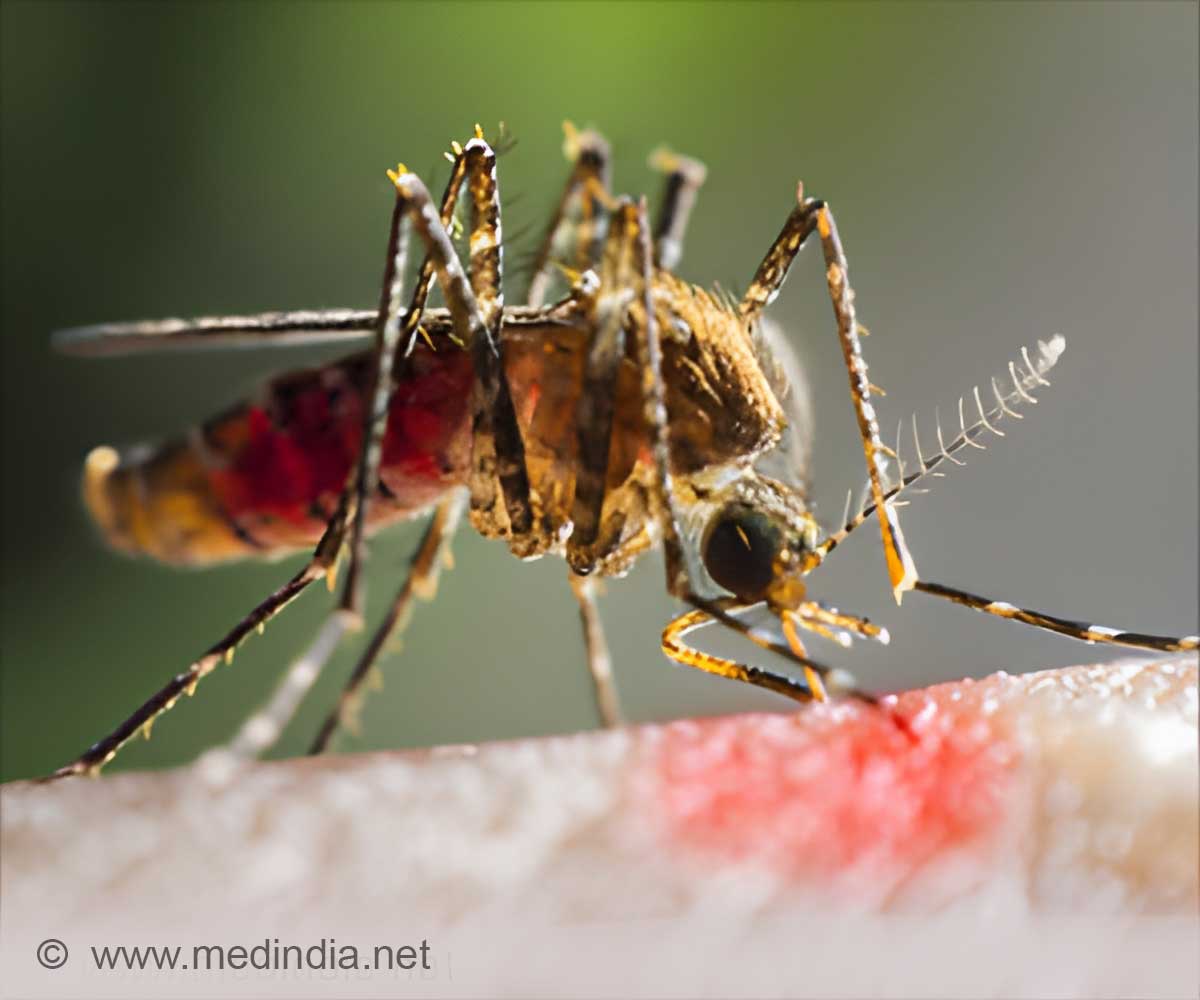
‘The risk of Zika virus infection in Myanmar has been upgraded to moderate by UK travel health authorities on March 12, 2018. A country or region with a moderate risk of Zika virus infection offers a great chance of ZIKV infection.’
Tweet it Now
It has been advised that, for pregnant women traveling to countries or areas with high to medium risk of Zika infection, they should postpone non-essential travel to high or moderate risk areas until after pregnancy. If travel is essential, pregnant women must be aware of the risk, be scrupulous with insect bite avoidance, seek advice from doctor or midwife on return, even in the absence of illnesses. All travelers are advised to avoid mosquito bites day and night and to seek medical advice if any symptom of ZIKV infection appeared.
Male travelers are advised to use condoms in order to reduce the risk of transmission through sexual activities during travel and for six months after return even in the absence of symptoms. Most cases of ZIKV are acquired through mosquito bites but cases of sexual transmission of ZIKV are occasionally reported.
Female travelers are also advised to avoid becoming pregnant during travel and for eight weeks after the last possible ZIKV exposure.
Zika virus (ZIKV) is an infectious disease caused by a virus transmitted primarily by Aedes mosquitoes, which feed between dawn and dusk. Cases of sexual transmission of ZIKV have also been reported.
Advertisement
Source-Medindia











